A proposal to convert two neighbouring buildings into a homeless hostel was granted planning permission yesterday (Wednesday 6 November).
Dozens of neighbours were disappointed by the decision after listening to councillors debate the scheme at Hove Town Hall.
Many of them were worried about possible drug dealing and anti-social behaviour in an area where there are two big schools, a nursery and a small home for youngsters with special needs.
And one neighbour shouted angrily at members of the Brighton and Hove City Council Planning Committee after it unanimously approved the building conversion plans.
The scheme aims to turn the former Lavender Lodge care home in Caburn Road, Hove, and a shared house in Dyke Road, by the Old Shoreham Road traffic lights, into a hostel.
The properties, opposite BHASVIC (Brighton, Hove and Sussex VI Form College), are also close to Cardinal Newman Catholic School.
BHASVIC’s senior management submitted a formal objection, setting out concerns about the potential for “county lines” drug dealers to target the area.
The hostel is intended to house 20 rough sleepers or homeless single men and women, predominantly over 25 years old.
Labour councillor Jackie O’Quinn addressed the Planning Committee on behalf of objectors, many of them living in Goldsmid ward, which she represents.
She said that the term NIMBY – Not In My Back Yard – did not apply to the objectors who were genuinely worried about the impact of a homeless hostel.
Councillor O’Quinn said: “They are not being NIMBYs about this. They have genuine concerns about this application and its impact.
“I was contacted by residents yesterday who had seen articles in the Argus and Brighton and Hove News about the planning application.
“It appears that a number of residents and immediate neighbours had not received any notification of the planning application and this was the first they knew of it.
“I am concerned that as a ward councillor I received no notification by letter of this application, especially as it is of a very sensitive nature due to its purpose, its location and the concerns and fears it would arouse among local residents.

“The best way to approach it would have been to organise a public meeting where people could express their concerns, more detailed information could have been given and questions answered in order to allay residents worries.
“Adjustments might have been made to the plans as a result of such a meeting and at least local residents, schools and nearby care facilities would have felt they had a voice in the proceedings and a chance for changes to be made.
“As it is, residents were unable to bring a delegation to the Planning Committee today to voice their concerns because they were too late.
“On planning grounds, I would argue that this is too large a number of residents in the hostel and that they will have few communal facilities, particularly kitchen facilities.
“There is no outside space – so where will these residents go? I assume they will not be in their rooms for 24 hours.
“It is disingenuous to say that this number of residents will have no greater impact on the area.
“Security is also an issue as the applicants are stating it is impractical to have a ‘secure design’ system as recommended by the police.
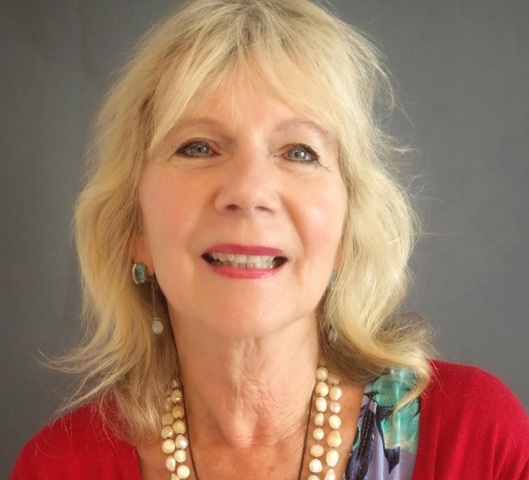
“It is obvious that the needs of the 20 residents will be very great as they are having 24-hour supervision.
“Is it fair to expect the local community to deal with the wider impact of such a facility without proper support and consultation?
“I ask for this application to be returned to the committee once a full public consultation and meeting has taken place.”
The application for planning permission was submitted by Brighton and Hove City Council – and a council official, Sue Forrest, told the Planning Committee: “It’s not a care service.
“They will be people who have become homeless. They could have been thrown out by family or friends. They could have lost their jobs and be unable to pay their rent.
“Some may have mental health issues. Some of them may have drug and alcohol issues. Some of them may not. It will not be a drug rehabilitation service. Some people will have ongoing support from that service.”
She said that they were likely to spend up to 28 days there while they were assessed and found somewhere else to live while any health, care or support needs were met.
She added: “It’s about stabilising them and moving them on to the next stage.”
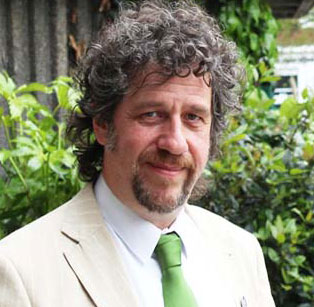
Green councillor Leo Littman asked: “Why this site?”
Ms Forrest said: “It’s a property that’s suitable. It’s in a good location. We’ve got a lot of services in the centre of town. There’s a part of our strategy that’s about moving services out of the centre of town.”
Labour councillor Nick Childs asked: “What thought has been given to the impact on schools?”
Ms Forrest said: “We’ve got (a similar facility) right next to a primary school in Portslade with no issues whatsoever.”
Another Labour councillor, Tracey Hill, who chairs the Planning Committee, asked about consultation and said: “Have you reached out to the immediate community on behalf of the council? What else can be done?”
Ms Forrest said that there had been no consultation with the community about the services to be provided – only the planning process.
She added: “There will be lots of consultation if planning is successful.”
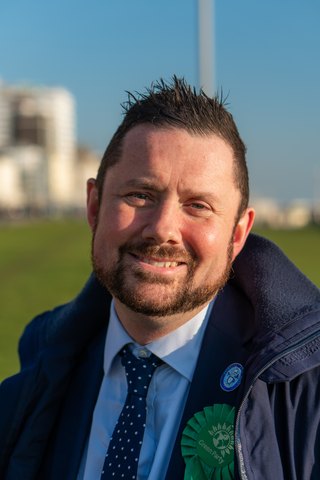
Green councillor Phélim Mac Cafferty said: “We want the necessary discussion with the community as this goes forward.”
His Green colleague Councillor Sue Shanks said: “We will need to reassure people but we need these services.”
And the former Labour council leader Daniel Yates said: “I do understand the community’s anxieties and that they haven’t had their voices heard at the right stage.”
But he said that the council had run similar operations in similar environments without problems.
Councillor Yates added: “The evidence is that there isn’t likely to be a significant impact on schools.
“The evidence is that there isn’t likely to be a significant impact on people living around the place. It’s only right that we should see those services dispersed throughout the city.
“It’s an eminently suitable site (although) it’s clear we need a site management plan that’s tight.
“There needs to be some serious engagement after the planning process.”
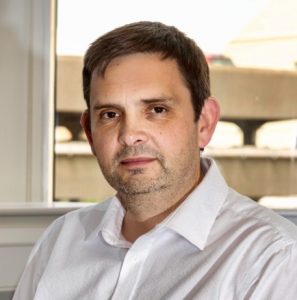
Councillor Mac Cafferty said: “I do understand some of the concerns from residents. I have some of this in my own ward (Brunswick and Adelaide).
“In any community there is good as well as bad behaviour. There needs to be a belts and braces management plan.
“It needs the input of the ward councillors and the community as well.”
And Councillor Littman said: “I take Councillor O’Quinn’s and local residents’ concerns to heart.”
He said that, even though people were perfectly reasonable in their objections, “I can’t see why this isn’t the right place for this.”
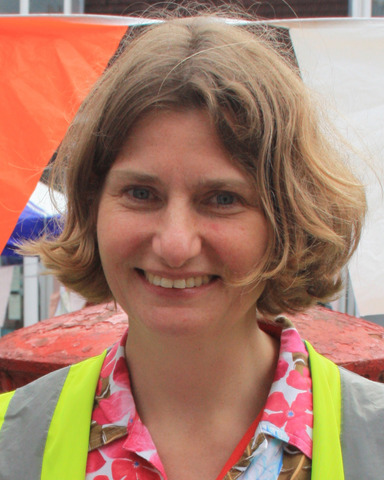
Councillor Hill said: “There is definitely supported accommodation in my ward but I wouldn’t know where it is because I only tend to hear about it if it causes a problem and it doesn’t always cause a problem.
“I’m a little bit surprised that a planning application has come forward before the community has been consulted about the service.
“I would urge the council to go to great lengths to reach out and make sure communication channels are open.
“We need this type of accommodation. It isn’t necessarily problematic.”








Anyone who lives near any of the homeless hotels lucratively supported by Brighton and Hove City Council through troublingly, opaque and unhealthy collusion between the Council and private landlords knows the contempt BHCC shows local residents. Head in the sand and ignore what neighboring residents must endure and refuse to act. Do NOT be assured by anything the councils say. They don’t care two hoots about residents. The levels of supervision and discipline in these places is non-existent. Talk to the police who visit these places on an almost daily basis about what really goes on. Have phones at the ready to record the visiting drug dealers’ care number plates and photograph antisocial behavior. The neighbors need to organize, get an email list of all involved councilors, council officers heads of department and email them every single time here is any incident whatsoever. Neighboring residents should demand to have input on how the hostels are managed, in-house rules, criteria for placement. Demand a full impact assessment after 3 months and ongoing regular assessments.
To be fair, it’s not just the council-run places that cause problems. If you group together people whose lives tend to be chaotic and whose behaviour is inconsistent and erratic – as is so often the case with those in the more problematic hostels – then you have a recipe for making life less pleasant for any neighbours. And these places often appear to have lax management, tolerating some awful behaviour. The hostels have to go somewhere, of course, and they house people who need compassion, but at the moment the balance is out of kilter and it’s very much tilted against the neighbours. There ought to be a proper debate about where hostels properly belong rather than just trying to foist them inappropriately on people – such as children – who are themselves potentially vulnerable and at risk. The council’s sneaky approach has no place in a democracy.